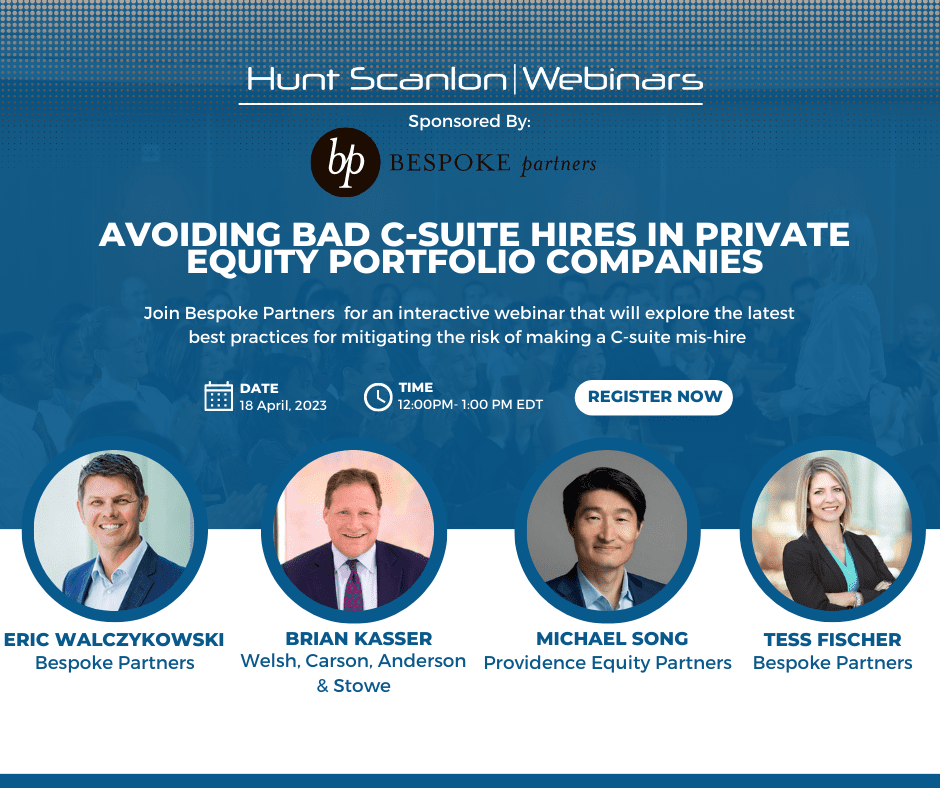How Women Leaders Reached the CEO Suite

April 14, 2023 – Women are still finding it challenging to secure senior executive or CEO roles. Currently, just one in five top executives are female, according to Glassdoor. While this does represent progress, there’s still a lot of work to be done. So, how can more women get opportunities to lead enterprise organizations? To answer that question, Korn Ferry spoke with 21 CEOs who happen to be women, most of whom are leading Fortune 500 companies. Although these leaders had unique starting points, different journeys, and varying perspectives, they also had a number of critical, shared milestones. In its study, Korn Ferry offered a look at those achievements and experiences that businesses can use to help women carve a path to the CEO role.
Women Need to Know the CEO Role is an Option
A majority of the CEOs Korn Ferry interviewed spoke about self-limiting beliefs and how these can be fed by a voice in your head saying you’re not ready or not good enough. As one CEO pointed out, “Sometimes, we get in the way of ourselves.”
Another CEO said that some of the women she mentored “never really thought” they could step into high-risk, high-visibility roles or even take on difficult projects. Yet more than half of the CEOs interviewed said embracing tough assignments—and delivering stellar results—help them gain the courage, confidence, and visibility they needed to propel their careers.
“The women who made it to the top adopted a risk-ready mindset,” said the Korn Ferry study. “They leveraged the resilience needed to overcome any hurdles that came their way.”
“I just never really thought about boundaries, and that has been distinctively different,” said Karen Lynch, CEO of CVS Health. “It was stepping out of your comfort zone, doing things that you didn’t go to school for, weren’t trained for, and trying new things and having the courage to do it.”
It can also help to have a burning sense of purpose, according to Korn Ferry. Many of the women agreed that taking an outcome-driven approach can help aspiring CEOs chase down tough assignments and see them through. As former IBM CEO Ginni Rometty said: “One of the biggest decisions is to get comfortable with risk-taking. That is when growth happens.”
For Ms. Lynch, it began with a personal passion. “It started when I lost my mom, I lost my aunt,” she said. “All that tragedy in the healthcare system formed my passion around truly making a difference. That’s what’s fueled my energy [and] my passion around the work that I’ve been doing over the last 20 years or so. I dedicated my life and my career to truly making a difference, leaving my indelible mark.”
Companies Need to Empower Women on their Route to the Corner Office
Korn Ferry’s research has long established that commercial roles and ones related to profit and loss are critical steps toward the CEO role. More than a third (35 percent) of the firm’s interviewees agreed that organizations should encourage more women to break out of traditional “pink collar” roles, such as HR representatives or marketing leads, and go into profit and loss management earlier in their careers. “This can give them a chance to show they can lead teams, deliver results, and transform the business,” Korn Ferry said.
Forty percent would like to see companies talking with talented employees about their potential early in their careers and then providing programs to support and empower them. Close to three-quarters (70 percent) agreed that these programs should enable women to unlock their true potential and grow at speed. The search firm says that this could include opportunities to make the lateral moves that provide a more complete understanding of what it takes to lead the whole organization.
Related: The Case for Promoting Women
Close to half (45 percent) of the CEOs Korn Ferry interviewed believe managers should be accountable for advancing women’s careers and making progress toward a more diverse pipeline.

Women Still Lag on Boards and in the Executive Suite
Recent progress in increasing gender diversity on corporate boards and leadership teams has been steady but unspectacular as well as far from uniform across countries. In a recent report, Global Gender Diversity 2022, BoardEx explores this progress in gender diversity through an in-depth look at the current representation of women in boardrooms and executive suites across the globe.
“People do what you ask them to do, but they really do what you measure and incentivize,” one female CEO said. She added that at her company, “moving the needle would not have happened if we did not tie executive incentives to diversity representation goals. So many companies stopped short of [those efforts].”
“All of these recommendations must be built on a foundation of inclusive human resources policies,” said the Korn Ferry study. “Many of the female CEOs said they benefited from transparent and disciplined promotion practices.”
Joining a Board Helps Women on their Route to the CEO Role
Of the CEOs Korn Ferry interviewed, 70 percent stressed that early board exposure had a positive effect on their careers. They said it helped them to develop leadership skills, boost visibility, and prepare them to manage their own boards once they rose to the CEO role. “I learned so much about leveraging the different expertise of different people, how to collaborate and not step on toes,” one CEO said.
Korn Ferry notes that securing a board position, particularly your first one, is very much about who you know. A quarter of CEOs interviewed said their board roles came through their connections, both personal and professional.
Related: How HR Can Support Women’s Leadership
Carole Tomé, CEO of UPS, said: “Building trust and relationships make the difference. It’s who you know because it’s six degrees of separation. I may not know you, but I know somebody who knows you. Work the network.”
“However, there’s a lot more to a board position than educating yourself and building an impressive CV,” the study said. “Most directors consider the role a way to give back. Think about what you bring to the organization and be clear about your purpose for joining the board.”
A Supportive Network is Crucial on the Journey to the CEO Role
It’s clear these CEOs worked hard, but they weren’t alone on their paths to the top, according to the Korn Ferry study. “With a strong network of mentors, sponsors, colleagues, leaders, and friends, you can gain the skills and opportunities to advance in your career. It can also provide support when you need it most,” Korn Ferry said. “Regardless of gender, the CEO role can be lonely. That’s why 80 percent of the CEOs interviewed said it’s critical for incoming chiefs to have a diverse network of people to rely on. As you make your way to the top, actively seek out relationships with people who are committed to advancing women as well as aspiring and current CEOs. With that kind of network in place, you’ll have the right person to talk with when the inevitable challenges, heavy demands, and difficult decisions cross your path.”
Almost a third of the women said it’s important for business leaders to serve as role models and influencers. But sometimes, the best examples come from life outside the organization. Sonia Syngal, the former CEO of Gap, said: “I learned management, I feel like, at the dinner table growing up. [My father, who was in business,] was a very wise and strong people leader and had a career journey that’s pretty remarkable in and of itself, so that was important.”
Korn Ferry found that many of the CEOs also raised the subject of self-care and having a support system. “They acknowledged that leadership is bound to bring stresses and pressure and that physical and emotional resilience is not only your best protection but is the key to enjoying the journey to the top,” the firm said. “Having mentors, friends, and colleagues to lean on can help you be more resilient and get through hardship.”
“You’ll be a better leader, and you’ll have more energy,” one CEO said.
“The organization you work with must support your career trajectory,” the Korn Ferry study said. “Anyone can fulfill their potential with the right acknowledgment and the right development. But without it, you might never know how much you can achieve.”
Related: Record Number of Women Win Directorships but Gender Parity Lags
Contributed by Scott A. Scanlon, Editor-in-Chief; Dale M. Zupsansky, Managing Editor; and Stephen Sawicki, Managing Editor – Hunt Scanlon Media













